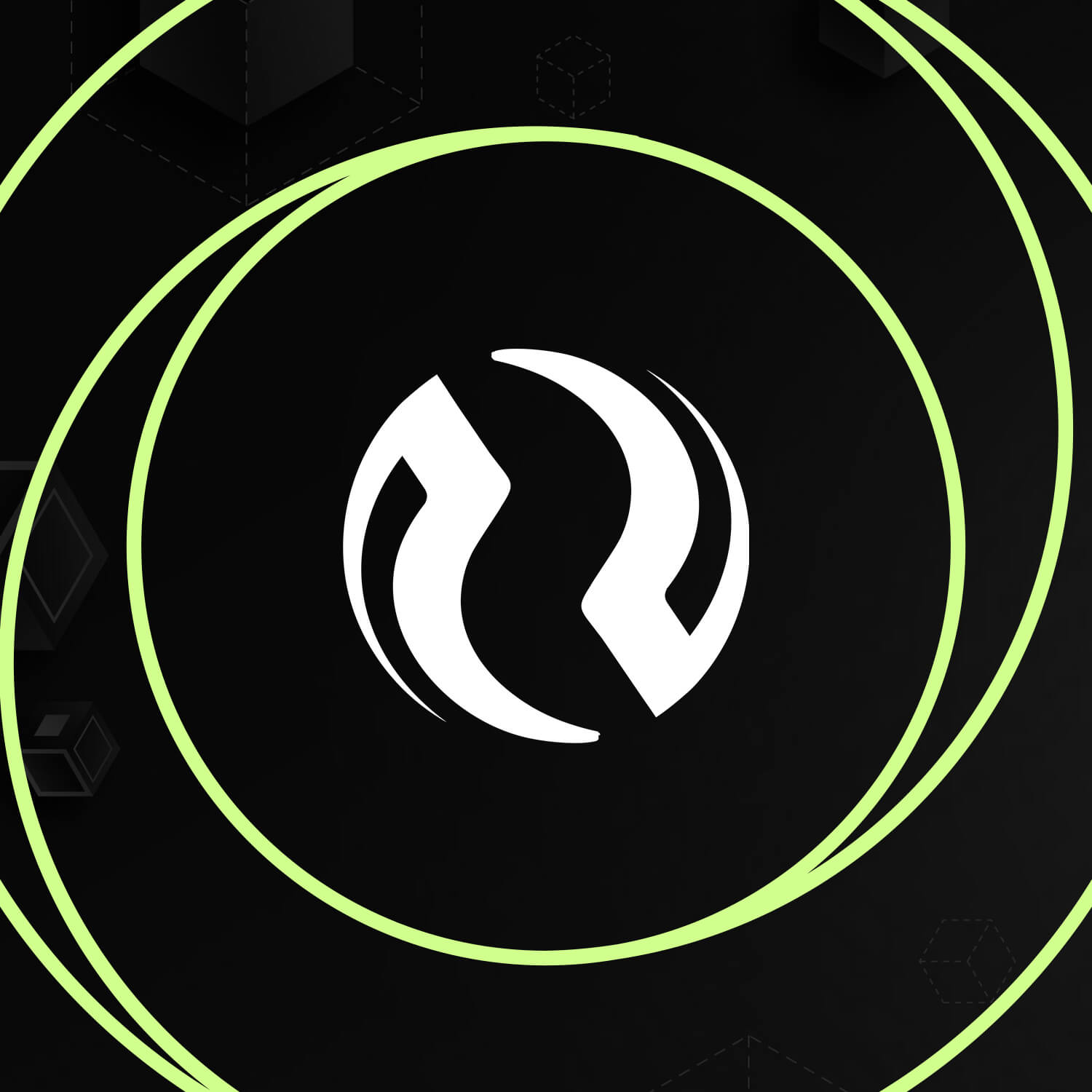The Injective Protocol is a decentralized exchange protocol that allows for the creation of a wide range of decentralized financial products. This protocol is unique in that it is built on top of the Cosmos SDK, which is a modular framework for building blockchain applications. The Injective Protocol has the potential to revolutionize the traditional financial system by enabling the creation of innovative financial products that were previously unavailable.
What Problem is Injective Protocol solving?
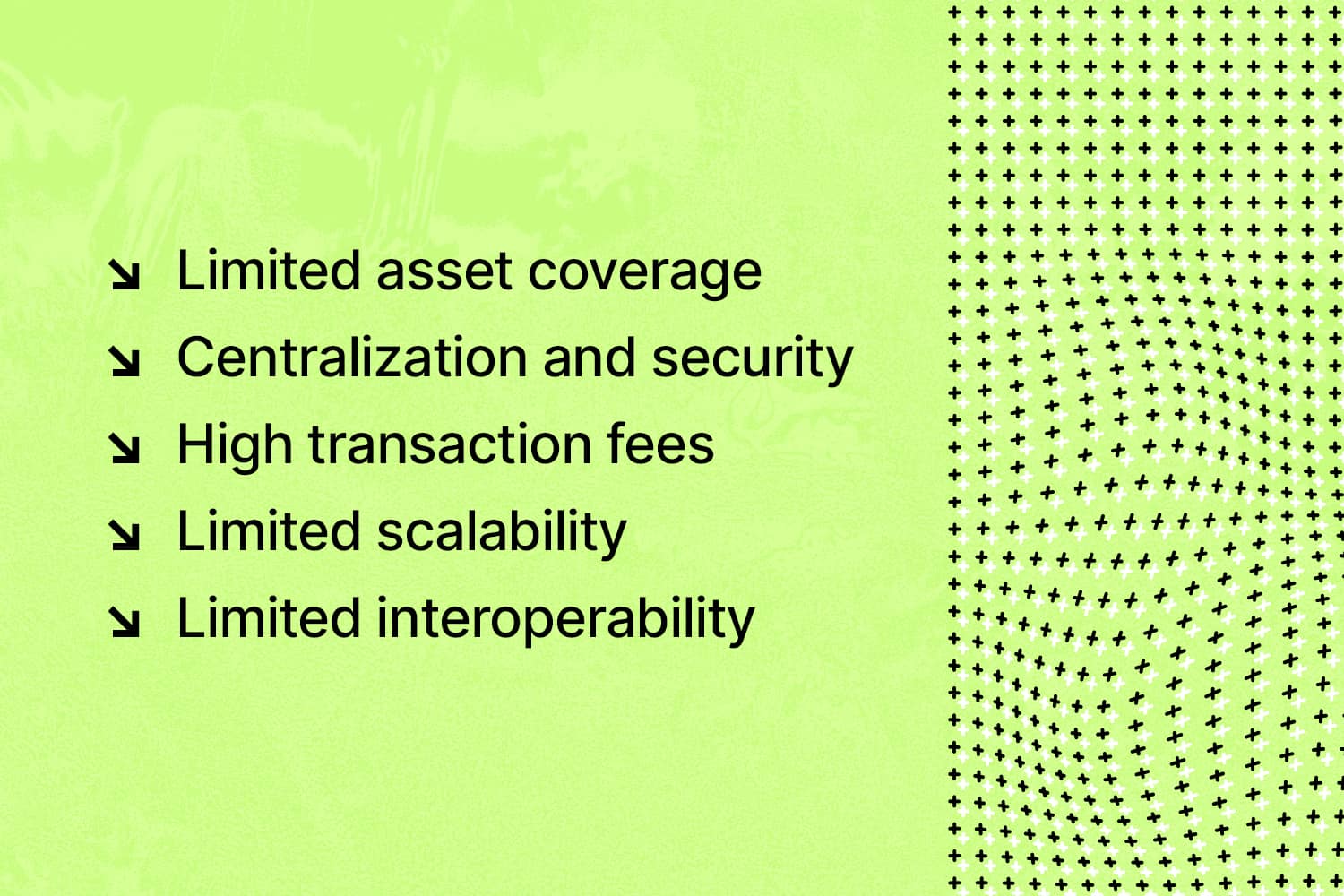
Injective Protocol is trying to solve several problems in the cryptocurrency and decentralized finance (DeFi) space, including:
- Limited asset coverage: Many decentralized exchanges (DEXs) only support a limited number of assets, which can be a barrier to entry for users who want to trade a wider range of assets. Injective Protocol aims to provide a universal trading platform that supports any asset, including stocks, futures, options, and more.
- Centralization and security: Many centralized exchanges are vulnerable to hacks, thefts, and other security breaches, which can result in significant losses for users. Injective Protocol aims to provide a decentralized and trustless trading platform that eliminates the need for intermediaries and reduces the risk of security breaches.
- High transaction fees: Many blockchains have high transaction fees, which can be a barrier to entry for users who want to trade small amounts of assets. Injective Protocol aims to provide a low-cost trading platform that is accessible to users of all sizes.
- Limited scalability: Many blockchains have limited scalability, which can result in slow transaction speeds and high network congestion. Injective Protocol aims to provide a high-performance trading platform that can support a large number of transactions per second.
- Limited interoperability: Many blockchains are siloed and cannot communicate with each other, which can limit the potential for cross-chain trading and asset transfers. Injective Protocol aims to provide an interoperable trading platform that can connect to any blockchain and enable seamless asset transfers and trading.
Key Features of the Injective DEX
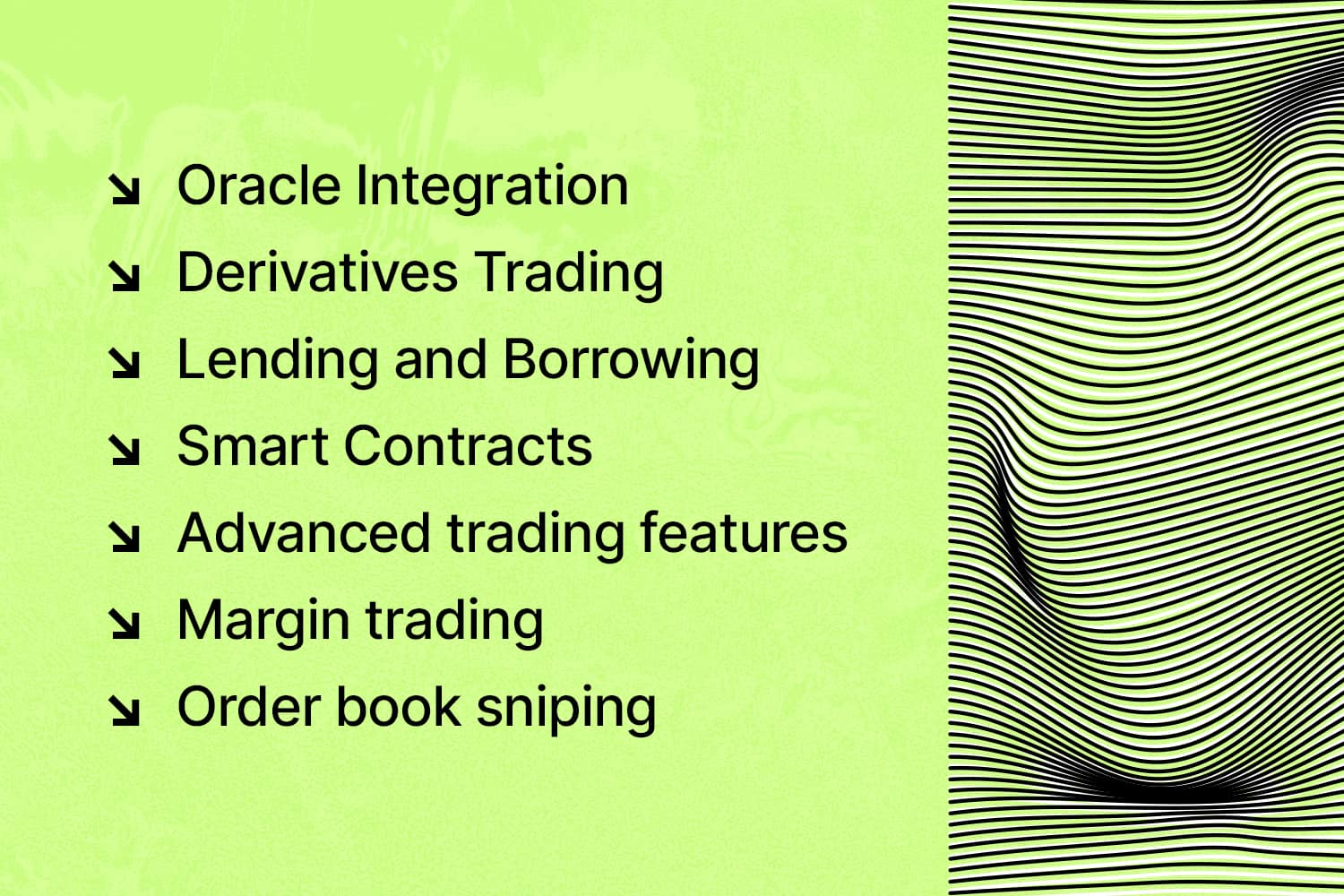
One of the key features of the Injective Protocol is its ability to support a wide range of financial products. These products include spot trading, futures trading, perpetual swaps, and more. This is made possible by the protocol’s support for a wide range of assets, including cryptocurrencies, stocks, and commodities.
Some key features of the Injective Protocol include:
- Oracle Integration: Injective protocols integrate with oracles, which are trusted data sources that provide real-time information on market conditions and other data that are used in financial transactions. This helps to ensure that the transactions are based on accurate and up-to-date information, and reduces the risk of fraudulent activities.
- Derivatives Trading: Injective protocols allow for the trading of various types of financial derivatives, such as futures, options, and swaps, which enable users to hedge against market volatility and other risks. These derivatives can be customized to meet the specific needs of individual users, making them more flexible than traditional financial instruments.
- Lending and Borrowing: Injective protocols also offer lending and borrowing services, where users can borrow cryptocurrencies or other digital assets for a specified period and pay interest on the loan. This helps to increase the liquidity of the platform and provides users with an additional source of income.
- Smart Contracts: Injective protocols use smart contracts, which are self-executing digital contracts that are programmed to automatically execute when certain conditions are met. These contracts help to ensure that transactions are secure, transparent, and free from any third-party interference.
- Advanced trading features: The platform offers a range of advanced trading features and tools, including limit orders, stop-loss orders, and more. Additionally, the platform integrates with popular trading tools like TradingView, making it easy for traders to analyze markets and make informed trading decisions.
- Margin trading: The Injective Protocol enables margin trading, allowing users to amplify their trading positions with leverage. This feature can be useful for experienced traders who want to take advantage of market opportunities and increase their potential profits.
- Order book sniping: The Injective Protocol also has a unique feature known as the “order book sniping” prevention mechanism. This mechanism prevents traders from using high-frequency trading algorithms to exploit market conditions and gain an unfair advantage over other traders. This ensures that the exchange is fair and transparent for all users.
How does Injective Protocol compare to the Layer-1 blockchain?
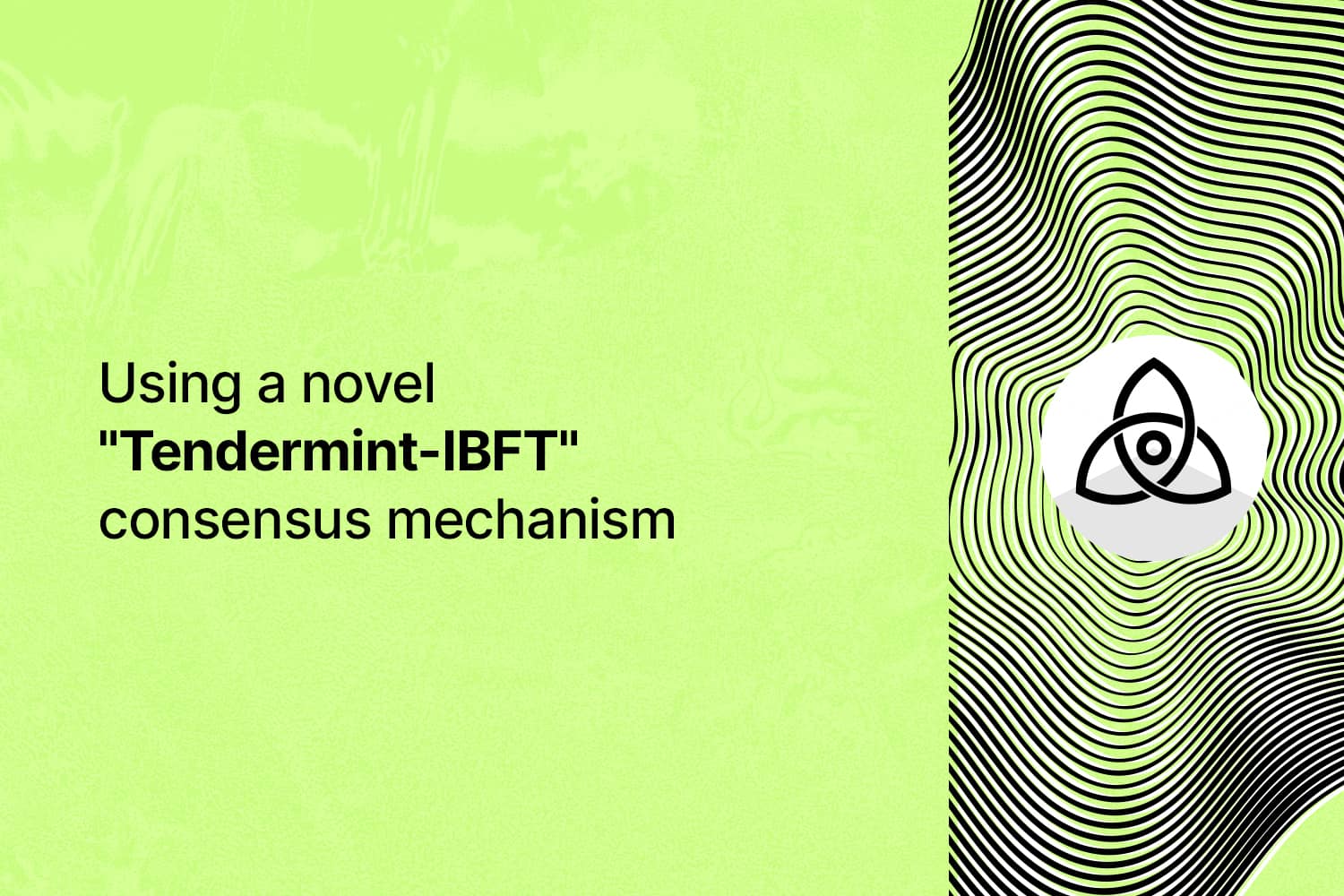
Injective Protocol is a layer-2 decentralized exchange (DEX) built on top of the Cosmos SDK. It uses Tendermint consensus and the Cosmos Inter-Blockchain Communication (IBC) protocol to enable interoperability between different blockchains.
However, Injective Protocol also has its own layer-1 blockchain called the “Injective Chain.” This blockchain is specifically designed for trading and aims to provide a high-performance, scalable, and decentralized infrastructure for trading various assets.
Compared to other layer-1 blockchains, such as Bitcoin, Ethereum, or Solana, Injective Chain has some unique features and advantages.
One of the key advantages of the injective chain is its scalability. It uses a novel “Tendermint-IBFT” consensus mechanism that can support up to 10,000 transactions per second (TPS), which is much higher than other layer-1 blockchains.
Injective Chain also has low transaction fees, which makes it more accessible for traders of all sizes. The fees are determined by a gas auction mechanism that ensures that the fees are fair and efficient.
Another advantage of Injective Chain is its focus on decentralized trading. The platform is designed to allow users to trade any asset in a decentralized and trustless manner, without the need for intermediaries. This is a significant improvement over centralized exchanges, which can be vulnerable to hacks, thefts, and other security breaches.
Overall, while Injective Protocol is primarily a layer-2 DEX, its layer-1 blockchain provides a unique and powerful infrastructure for decentralized trading that can compete with other layer-1 blockchains in terms of scalability, speed, and security.
The Advantages of the Injective Protocol
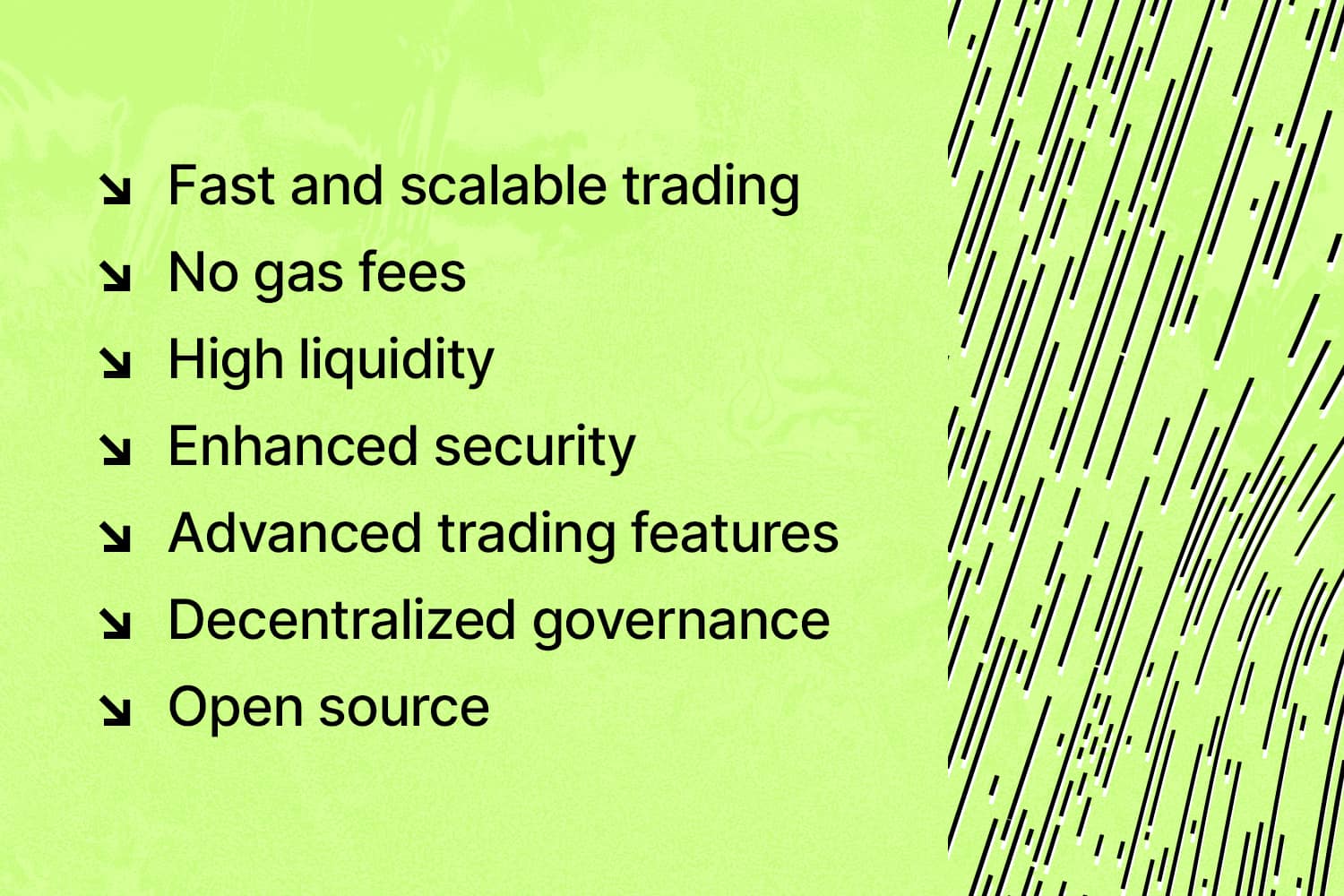
- Fast and Scalable Trading on a Decentralized Network: The Injective Protocol is built on a unique layer-2 scaling solution that enables it to process trades at lightning-fast speeds without compromising on security. This makes it an ideal platform for high-frequency traders, as well as anyone who values speed and efficiency in their trading.
- No Gas Fees and Low Transaction Costs: Unlike many other blockchain-based trading platforms, the Injective Protocol does not charge gas fees for transactions. This means that traders can save significant amounts of money on transaction costs, which can make a big difference, especially for high-volume traders.
- Interoperability with Other Blockchains: The Injective Protocol is designed to be interoperable with other blockchains, which means that it can support trading for a wide range of assets, including those that are not native to its own blockchain. This feature makes it easy for traders to access a diverse range of markets, all from a single platform.
- High Liquidity and Access to a Wide Range of Markets: The Injective Protocol is built to support high liquidity, which means that traders can execute trades quickly and with minimal slippage. Additionally, the platform supports a wide range of markets, including traditional assets, cryptocurrencies, and more.
- Enhanced Security and Transparency: The Injective Protocol uses advanced security measures to protect user funds and data, including multi-party computation and hardware-based security modules. Additionally, the platform is built to be transparent, with all transactions and activities recorded on a public blockchain.
- Advanced Trading Features and Tools for Traders: The Injective Protocol offers a range of advanced trading features and tools, including limit orders, stop-loss orders, and more. Additionally, the platform integrates with popular trading tools like TradingView, making it easy for traders to analyze markets and make informed trading decisions.
- Decentralized Governance and Community Participation: The Injective Protocol is governed by its community of users, who have a say in how the platform is developed and maintained. This ensures that the platform is responsive to the needs of its users, and that it evolves in a way that benefits the entire community.
- Open Source: The protocol is also open-source, which means that anyone can contribute to its development. This has led to a vibrant community of developers working to improve the protocol and create new financial products. This means that the Injective Protocol is constantly evolving and improving, which ensures that it remains at the forefront of the DeFi industry.
Staking INJ tokens
The Injective Protocol also has its own native token, INJ, which is used to incentivize users to participate in the network. Users can stake INJ tokens to become validators on the network, which allows them to earn rewards for validating transactions and ensuring the security of the network. Staking INJ tokens also gives users a say in the governance of the network, allowing them to vote on proposals and changes to the protocol. Staking INJ tokens is a great way for users to support the network and earn rewards in the process.
Conclusion
The Injective Protocol is a revolutionary decentralized exchange protocol that is poised to disrupt the DeFi industry. Its support for a wide range of assets and financial products, focus on decentralization, and benefits over traditional centralized exchanges make it a promising platform for the future of finance. The Injective Protocol has the potential to democratize finance and make it more accessible to people all over the world. As the DeFi industry continues to grow and evolve, the Injective Protocol will play a crucial role in its development.

